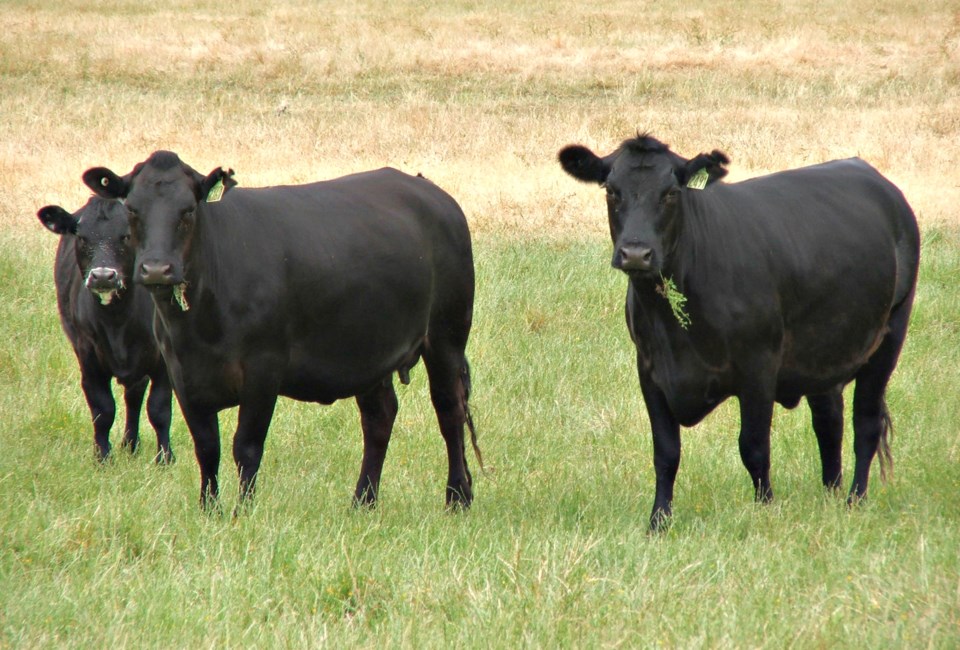Ontario beef and hog farmers will receive up to $10 million to cover the increased costs of feeding their animals while they wait to be processed because of delays due to COVID-19.
The Canadian and provincial governments are jointly providing the emergency funding through two programs.
Under the $5-million beef cattle set-aside program, beef farmers can claim $2 per head of cattle per day to help pay for additional costs should they have to keep their market-ready animals on their farms for extended periods of time.
The hog sector support program will provide up to $5 million to help cover costs.
Additionally, the province said it will provide up to $1.5 million to process and package surplus pork for food banks.
"This will be an important tool to have available to help manage potential disruptions within our processing sector,” Beef Farmers of Ontario president Rob Lipsett said in a June 17 news release.
“Having this safeguard in place, if it is ultimately needed, is critically important."
Backups in the supply chain were created after meat-processing facilities in some areas of the country were forced to temporarily close due to COVID-19 contamination.
Farmers incur increased costs the longer they have to feed animals beyond their planned processing date.
Ernie Hardeman, Ontario’s minister of agriculture, food and rural affairs, said the emergency support resulted from consultations with representatives from the beef and pork sectors.
"We understand the challenges that our farmers are facing and we are working with our commodity organizations to address their priorities and help our farmers manage through these unprecedented times,” he said in the release.
Both the beef cattle set-aside and hog sector support programs are being offered through AgriRecovery initiatives, under the Canadian Agricultural Partnership. The provincial contributions are part of Ontario's Action Plan: Responding to COVID-19.
